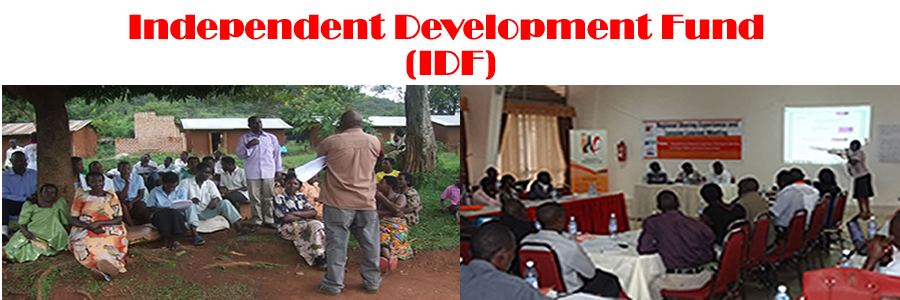With the aim to address gender
inequality, increase access to quality education and, retention for girls and
other vulnerable children in 12 Universal Primary Education (UPE) schools of
Dokolo District. Youth Social Work Association (YSA) with support from Independent
Development Fund (IDF) embarked on mobilizing and sensitising different
stakeholders in Dokolo to stimulate interest for girl child education. This
initiative empowered individuals and communities to take on government
institutions such as school management committees, police and other duty
bearers to create a favourable study environment for the girl child and other
vulnerable groups to access quality education.
Key activities carried out were community
dialogues with concerned duty bearers radio talk shows, conducting child rights
club sessions and the distribution of re-usable sanitary pads. These challenged
the different players and actors in the education sector to actively take part
in creating a favourable study environment for girls and other vulnerable
children. Several achievements have been realised from the above interventions
as will be seen below; YSA attributes them to the use of the Human Rights Based
Approach and the involvement of various stakeholders.
The distribution of 2,121 re-usable
sanitary pads greatly improved the attendance of the 2,121 girls who benefited
from the exercise. It reduced cases of absenteeism, drop outs and other
related challenges.
Previously menstruating girls would averagely miss 1-3 days of
school per month, which translates into a loss of 8 to 24 school days per year.
There are averagely 220 learning days in a year therefore, missing 24 days a
year translates into 11% of the time a girl pupil will miss learning due to
menstrual periods. The girls are grateful for the support extended to them; “our stay and safety in school during
the menstrual periods has become better compared to the past days where one had
to either absent herself or escape whenever they experienced their cycle” revealed a group of girls in Dokolo
district.
Reduced teacher absenteeism and late
coming. This was made possible through the erection of 40 semi-permanent houses
for the 40 teachers that had been trekking long distances to and from their
schools. With the erection of 40 houses, the number of teachers residing within
the school premises increased from 92 to 142 teachers. This has in turn contributed
to improved performance in these schools as reflected in the 2012 and 2013 PLE
results where Kwera and Adwoki primary schools got their first grades since the
schools came into existence.
Through involvement of various
stakeholders like the Dokolo district department, 11 children with disability
were identified and supported with hearing aids. Other critically vulnerable
children with disability have also been referred to study at the disability
study centre at Angwechi-bangi in Dokolo Town Council.
Another successful intervention that
has helped in realizing the project results was training school management
committees (SMC) on their roles and responbilities; this was aimed at
addressing their inadequate performance. Reports from the training indicate
that their capacities to perform have been enhanced, for example the SMC of
Adwila Modern Primary school was able to convince parents to contribute money to
buy school land also adapt a resolution to compulsorily provide mid day meals for
all pupils as a measure to reduce pupil absenteeism/escape from school and
increase concentration in class.
Lastly, is the development of
a collective spirit of responsiveness and participation by the stakeholders.
This has contributed to improved monitoring, administration and management
within the schools.
